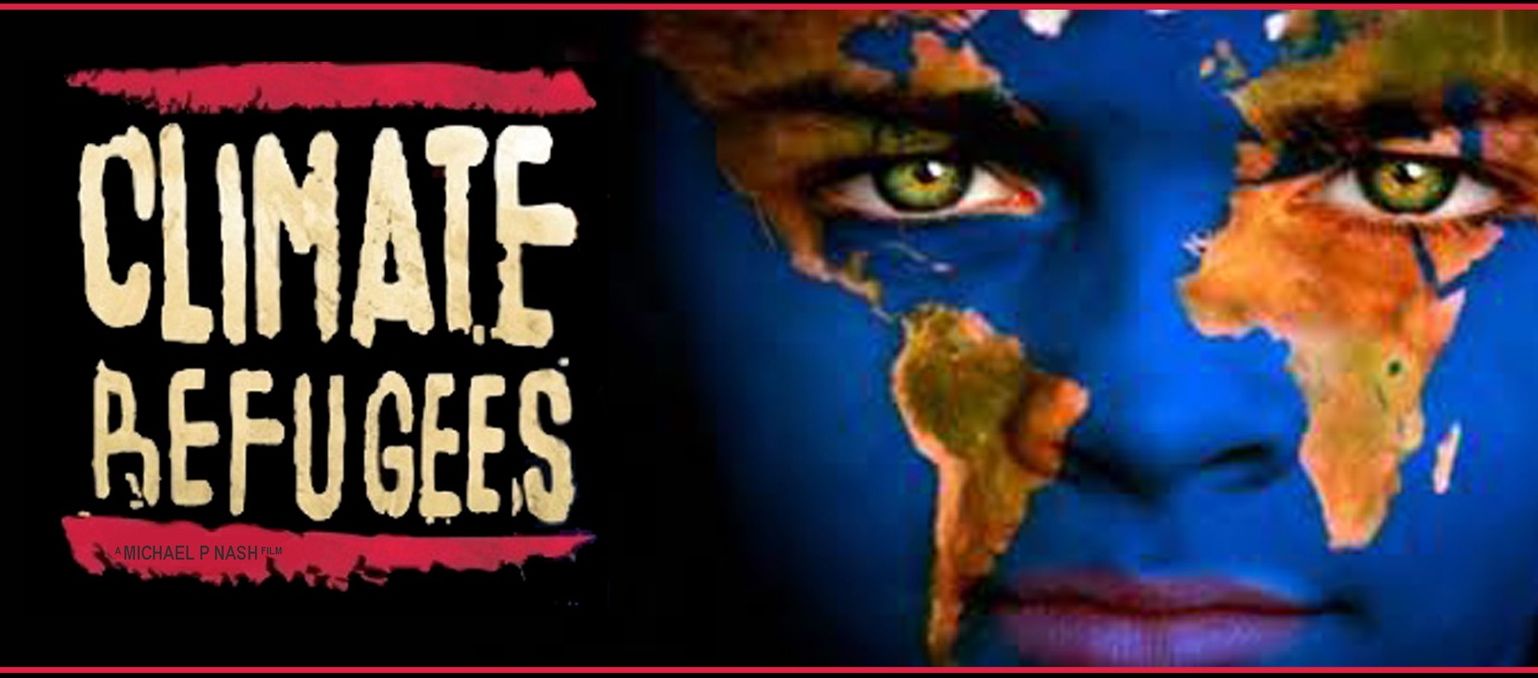- June 16, 2025
- Comments: (0)

COVID‑19 Pandemic & Public Health Measures
The onset of COVID‑19 prompted unprecedented border closures and travel restrictions. Many countries implemented health‑entry requirements such as negative PCR tests and digital health passes, significantly slowing visa processing and asylum procedures. As of mid‑2025, most major economies have lifted strict pandemic controls, but residual measures—like health insurance mandates and expedited vaccine verification systems—remain in place to balance public health with mobility needs.
Geopolitical Conflicts & Refugee Flows
Ongoing conflicts, notably the war in Ukraine, have triggered large‑scale refugee movements, compelling host nations to adapt asylum frameworks. The European Union is exploring offshore processing of asylum applications—an approach contested on legal and ethical grounds—as member states like Austria and Germany tighten quotas and suspend family reunification. In the United States, Proclamation 10949, effective June 9, 2025, suspended entry for nationals of twelve countries, citing national security concerns—illustrating how security rhetoric can directly reshape visa eligibility and refugee protections.
Populist Politics & Enforcement Intensification
Recent political shifts toward populism have led to tougher enforcement measures. In the U.S., ICE has been directed to substantially increase daily arrests, targeting urban centers for deportations while scaling back sector‑specific enforcement in industries reliant on migrant labor. Simultaneously, the “catch‑and‑release” policy has been officially ended, mandating the detention of undocumented entrants pending removal proceedings.

European Asylum Reforms & Digitalization
Europe is simultaneously modernizing its border management. The Entry/Exit System (EES) and ETIAS travel‑authorization scheme are slated to launch in late 2025, replacing manual passport stamping with automated biometric checks and requiring pre‑travel online applications for visa‑exempt visitors. These digital platforms aim to streamline legitimate travel but raise concerns about data privacy and equitable access for less tech‑savvy applicants.

Economic Imperatives & Labor Shortages
Global labor shortages—exacerbated by demographic shifts—have prompted targeted visa reforms. Germany’s new Citizenship Law (June 2024) and Opportunity Card fast‑track residency program aim to attract skilled professionals. Sweden eased its EU Blue Card requirements effective January 1, 2025, lowering salary thresholds and streamlining job‑change notifications to retain foreign talent. In Asia‑Pacific, Thailand’s March 2025 revisions to its SMART and Long‑Term Resident visas reduce income thresholds and broaden eligibility for investors and executives.
Climate Change & Environmental Migration
Climate‑driven displacement is emerging as a critical policy challenge. By 2070, up to 3.5 billion people may be forced to move due to extreme heat, sea‑level rise, and resource scarcity, necessitating new legal frameworks for “climate migrants” wired.comtheverge.com. Argentina’s inaugural humanitarian visa for environmental refugees, effective May 2025, offers three‑year residency for those displaced by sudden‑onset disasters, marking a pioneering rights‑based approach in Latin America.

Investment & Digital Nomad Visas
The boom in remote work has spurred “digital nomad” visas worldwide. Italy, Spain, and several Baltic states now offer special permits for location‑independent professionals, combining ease of entry with tax incentives. Concurrently, Europe’s Golden Visa programs are shifting toward economic impact requirements: Portugal has replaced real‑estate criteria with business and research investments, while Spain closed its program amid housing‑market concerns.

Regional Highlights: Africa & Asia‑Pacific
-
1. Africa: Zambia expanded visa‑free access for 53 countries as of January 1, 2025, bolstering tourism and investment; Namibia introduced visas‑on‑arrival for 33 additional nationalities effective April 1, 2025.
-
-
2. Asia‑Pacific: China granted one‑year visa‑free entry to all GCC nationals starting June 9, 2025; the Philippines implemented a 21‑day visa waiver for Indian passport holders with valid Schengen, U.K., U.S., Canadian, or Australian visas.
-
SwiftPass Global Immigration: Your Partner in a Shifting Policy Landscape
SwiftPass Global Immigration simplifies complex policy changes with clear, step‑by‑step guidance. We provide a digital Client Portal for real‑time visa tracking and instant regulatory updates. Our specialists create tailored strategies for digital nomads, climate‑displacement, and investment‑based visas. We monitor geopolitical shifts and advise on compliant pathways for work, family reunification, and humanitarian programs. Our end‑to‑end service centralizes documentation, prevents delays, and keeps you aligned with the latest requirements.
Conclusion
As global events continue to evolve, immigration policies will adapt in response to public health, security, economic, and environmental pressures. Stakeholders—migrants, businesses, and governments—must stay informed of policy shifts, leverage digital platforms, and advocate for humane, sustainable frameworks that balance national interests with global mobility needs.